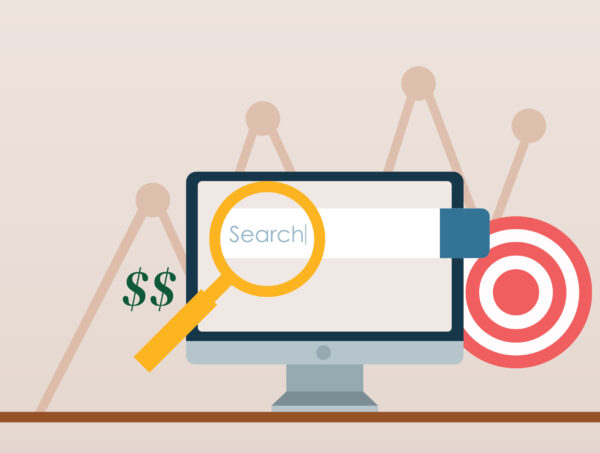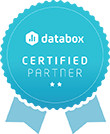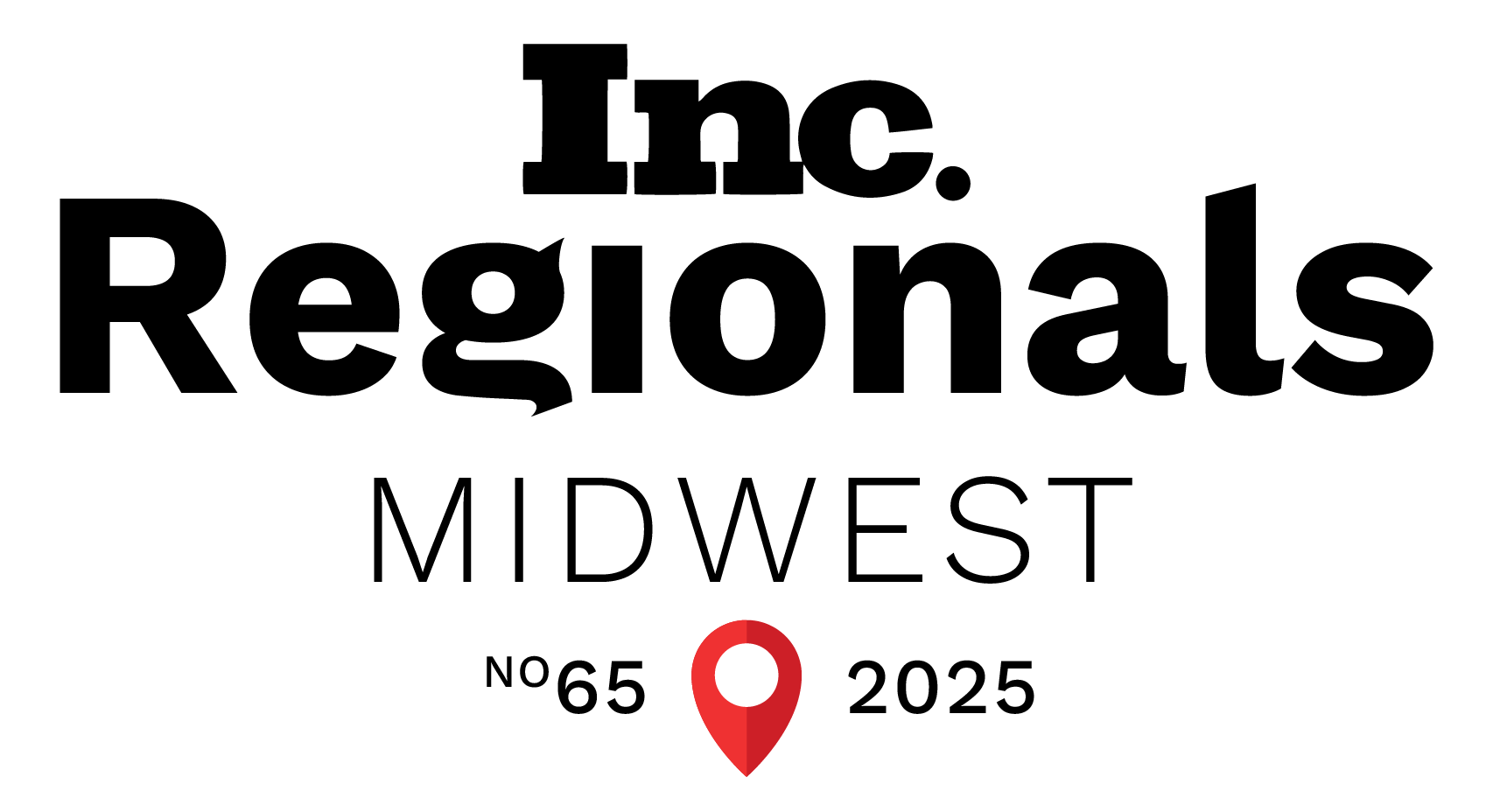

What Are Digital Marketing Strategies for B2C Businesses?

Business-to-consumer (B2C) marketing is selling products and services to individuals. An example of a B2C business is a residential cleaning company selling its services to homeowners who will benefit directly from the purchase.
B2C is different from business-to-business (B2B) marketing, which involves companies selling products/services to other companies. For example, a commercial cleaning company selling its services to other businesses is an example of a B2B model. More people are often involved in B2B purchasing decisions, and the sales cycle is typically longer.
B2C Examples
- Retailers and e-commerce companies that sell a wide range of products, including clothing, electronics, food, and games (either online, in-store, or both).
- Digital content providers that sell music, movies, books, and templates. They might also provide free entertainment and instead advertise to the audience on their platforms to earn revenue.
- Education companies that sell courses, tutorials, and certifications (either online, in person, or both).
- Service providers that work directly with consumers, such as attorneys, accountants, cleaning companies, stylists, personal fitness coaches, etc.
- Hospitality companies that provide lodgings, such as hotels, resorts, and Airbnb rentals.
- Companies that sell food and beverage products like restaurants, food trucks, and grocery stores.
These are just a few examples of B2C businesses. And within each of these broad categories are dozens of niches.
Five B2C Models
While the list of businesses that are classified as B2C seems endless, they are usually classified into one of the five standard B2C models:
- Direct-to-consumer (D2C) model: It’s the original recipe, the classic B2C model where a company sells its products or services directly to customers through its channels like physical stores, websites, or apps.
- Subscription or fee model: Customers pay a recurring fee to access a product or service, such as a gym membership.
- Online intermediary model: This is the matchmaker of the B2C world, where a company creates a platform or marketplace to connect buyers and sellers. Companies like Amazon, eBay, Airbnb, Uber, Shopify, and Etsy use this model.
- Advertising-based model: This B2C model is like a game of “if you build it, they will come,” but with ads. By leveraging high volumes of web traffic, companies sell advertising which, in turn, sells products or services to consumers.
- Community-based model: This B2C model is used by social media companies (and influencers) to bring groups of people into online communities and help advertisers customize their messaging to specific users.

Effective B2C Marketing Strategies
An abundant number of B2C companies on the market mean one thing: competition. To succeed in the marketplace, you must know your ideal customer and their problems.
Think about the last product you bought. What was your decision-making process for the purchase? It might have looked something like this: You realized you had a problem (awareness). Next, you researched solutions (consideration). Finally, you found a solution to your problem (decision).
This process is common for most people and is called the buyer’s journey.
Yes, some people make impulse purchases while waiting to check out at a store, but they likely went through the buyer’s journey too. Suppose there is a shelf of snacks. The customer might know they are hungry, quickly scan the options, and then make a purchase decision.
The buyer’s journey can take seconds or months, but the process is the same. The key is that people aren’t looking for products; they are looking for solutions to problems—effective B2C marketing strategies center on helping prospective customers move through the buyer’s journey.
Website Development
A well-designed and user-friendly website can help establish credibility, build trust, and increase visibility for a B2C company.
B2C companies can use their websites to create an engaging and informative user experience (UX) by showcasing their products and services, highlighting customer testimonials, and providing detailed information about their company and its offerings. They can also use their websites to offer customers an easy and convenient way to make purchases, such as through an e-commerce platform.
Additionally, B2C companies can use their websites to gather customer data and insights through analytics and tracking tools. This information can be used to personalize the customer experience, improve marketing efforts, and optimize the website for better performance.
SEO
Search engine optimization (SEO) is critical to any B2C marketing strategy. By optimizing website content, businesses can make their websites more visible in search results and attract more customers.
SEO involves using keywords, meta tags, backlinks, structured data markup, and other techniques designed to improve the quality of a website’s content and make it easier for search engines to understand and index.
Choosing the right keywords is essential to the strength of your SEO. And there are tons of tools out there that can help you figure out which keywords to use. The goal is to find keywords that people are searching for that aren’t too competitive, thus ensuring you can rank for them. Usually, long-tail keywords help you find this ‘Goldilocks Zone’ between search volume and competitiveness.
For example, if your business sells men’s clothing, a keyword like “men’s clothing” may have a high search volume and competition, meaning many other online clothing stores are targeting the same keyword.
In contrast, “men’s clothing size XL” might have a lower search volume and competition. This means fewer websites are targeting this keyword, so your business has a better chance of ranking.
PPC
Pay-per-click advertising (PPC) is a type of online advertising in which businesses pay a fee whenever one of their ads is clicked. PPC is an excellent way for B2C companies to reach potential customers, increase brand awareness, and drive more sales.
One of the most popular PPC platforms is Google Ads, which allows businesses to create and run ads on Google’s search engine results pages (SERPs)—and other search engines. PPC ads typically run at the top or bottom of SERPs and can be targeted to specific demographics, locations, and keywords.
A key advantage of PPC advertising is that it is highly targeted. You can select specific demographics, locations, and keywords to target, meaning your ads will be seen by the people who are most likely to be interested in your products or services.
Another advantage of PPC advertising is that it can be more cost-effective than traditional advertising methods. With PPC ads, you only pay when someone clicks on your ad, which means you can control your advertising costs and maximize your return on investment.
Content Marketing
Successful content marketing drives profitable customer action, whether it’s through website visits, lead generation, or sales.
B2C companies use content marketing to build brand awareness, establish authority and trust, and generate leads and sales. They create various content, such as blog posts, videos, infographics, e-books, webinars, and social media posts, to address their target audience’s pain points and interests.
For example, a B2C company that sells skincare products might create a blog post explaining how to choose the right skincare products for your skin type, a video on how to use their products correctly, or an e-book that provides tips for maintaining healthy skin. By providing valuable and informative content, the company can attract and engage potential customers and establish itself as a trusted authority in the skincare industry.
Content marketing can also be combined with SEO to create a powerful marketing strategy. A B2C company can improve its rankings and visibility by producing high-quality, relevant, and engaging content optimized for search engines.
Email Marketing
Email marketing is one of the most effective marketing strategies for B2C companies. It can help you increase brand awareness, engage potential customers, generate leads and sales, and build/strengthen relationships with your existing customers.
For example, a B2C company might use email marketing to send subscribers a newsletter or product updates. The company may also send personalized emails to customers who have recently purchased products, such as offering special discounts for their next purchase.
With email marketing, you can reach many people quickly and cost-effectively. You can also track campaign performance to determine which campaigns are working and which aren’t. Reviewing your reports allows you to make adjustments and optimize your future campaigns for the best results.
Social Media Marketing
Social media marketing is one of the most popular marketing strategies for B2C companies. It lets them connect with potential customers, promote their products and services, increase brand awareness, drive website traffic, and generate leads and sales.
There needs to be more time to create content for every social media platform. So you have to know exactly where your audience spends their time and attention and then focus your efforts on those platforms.
For example, a company selling corporate training courses might find its ideal audience on LinkedIn and Twitter. So instead of trying to manage platforms on other channels, they specialize in the most profitable platforms. As a result, they can invest more in social ads, post more frequently, and regularly engage with other users.
Even better, they can use the content they post on one platform and repurpose it for the other. Twitter will have shorter captions, but the links and topics can be similar.
However, be cautious about repurposing content. Every platform has a culture and unique features. Sometimes companies have a platform they’re most comfortable with (like Facebook) and try to reshare identical posts to Instagram and LinkedIn. They’ll notice that their LinkedIn and Instagram content won’t perform as well as their Facebook content. That’s because they didn’t create their post with the specific platform in mind. So repurposing isn’t the same as a simple reshare. You must consider how people prefer content on that platform and what features will give you the most organic (unpaid) engagement.
Want Help Building Your B2C Digital Marketing Strategies?
If you’re looking to build your B2C digital marketing strategies and get better results, we can help. At Metric Marketing, our team of experts is experienced in creating effective digital strategies to help you reach your goals.
We’d love to chat with you about digital marketing strategies that will work for your business. Call us at (734) 404-8714 or fill out our online contact form to tell us what you’re looking for. We look forward to connecting with you.
That's great and all, but...
Looking for real examples?
Ready to Inquire?








